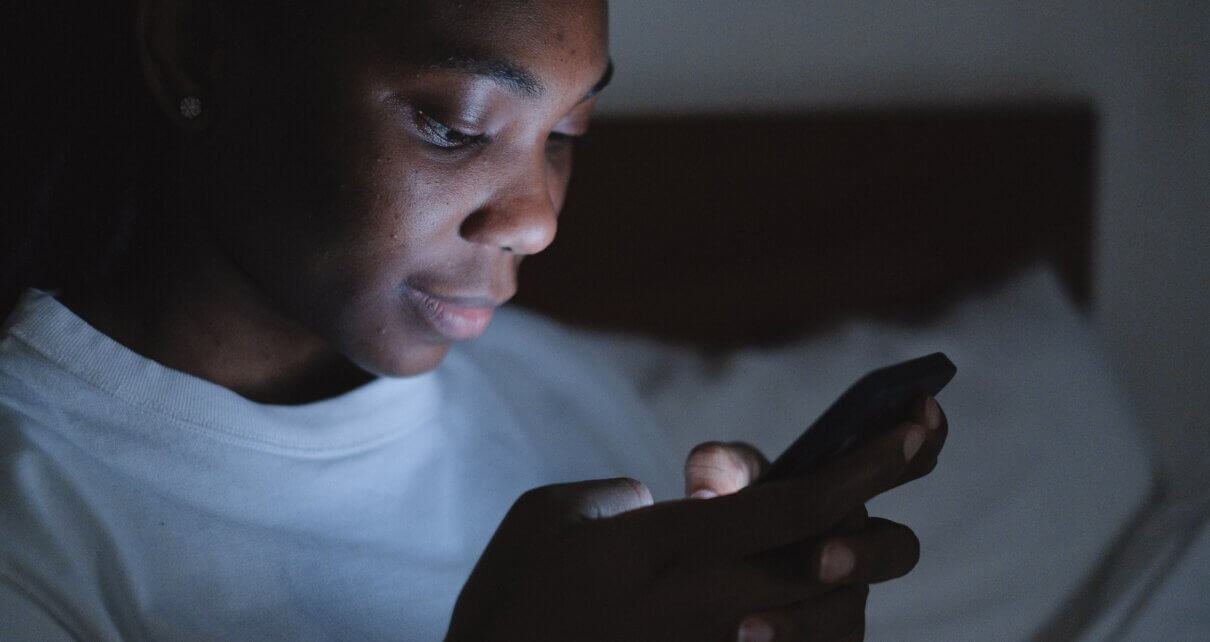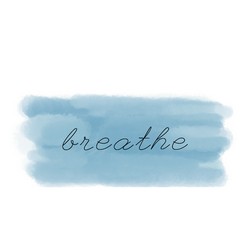With finals quickly approaching, it’s easy to let your sleep schedule slip through the cracks. But a good night’s sleep is one of the most important ways to keep you energized to push through these last few weeks of the semester.
Sleep and memory go hand-in-hand. According to The National Sleep Foundation, preserving key memories, getting rid of irrelevant information, and processing new information all happen during one’s sleep cycle.
Although flipping through flashcards till 3 a.m. might seem like a good idea at the time, getting enough shut eye is actually a game changer in terms of achieving long-term success.
Danielle Shabbat, a junior social work student, has her own way of winding down for a good night’s rest. “I love to listen to music before I go to bed, especially relaxing, slow songs,” she elaborated. “I also like to watch TV, nothing in particular; it’s always different every night depending on what’s on at the moment.”
Although listening to music before sleeping has some therapeutic properties, consuming any type of media so late in the day requires moderation.
As per The National Sleep Foundation, one should limit their exposure to blue light, especially before bed. This blue light interferes with our circadian rhythm—our natural biological clock—and makes it harder for us to fall asleep since blue light stimulates our brain to feel alert.
A good way to protect yourself from blue light is to invest in a pair of blue-light-blocking glasses or to manually set a night shift mode on your phone so it’s utilizing yellow light from sunset to sunrise.
Going to sleep and waking up at the same time every night and every morning is also a great way to reinforce your body’s circadian rhythm. This can give you more energy during the day and make it easier to fall asleep at night.
In addition to doing things that help your mind and body relax before sleeping, one has to first find the time to do so.
Paulina Cohen, a junior business accounting student, reserves an hour of relaxing time before bed. “I try to do all of my schoolwork during the day so that I don’t have too much to do at night,” she started. “But, if I happen to do my schoolwork at night, I don’t go to bed right after. I usually reserve that time to read a book or watch a movie.”
By giving yourself some time to relax before bed, you can also enjoy certain hobbies or interests that you may not have time for during the day with your busy schedule.
Many students find themselves struggling to fall asleep at night with everything going on in their academic and social lives.
A great way ensure sleepiness is to practice activeness during the day. This could mean going to the gym, taking a walk along the boardwalk, or taking a group fitness class at Monmouth or at a local gym or fitness studio.
The atmosphere of your room can also play a big role in your sleep schedule and the quality of your sleep.
Einat Shayer, a junior marine and environmental biology and policy student, commented, “I’m a light sleeper, so I need my room to be quiet and dark to get rid of any distractions. This way I can go to sleep early so that I can wake up the next day feeling energized and ready to start the day.”
The CDC’s recommendations are along the same lines, suggesting that you make your room quiet, dark, and at a comfortable room temperature to minimize distractions.
Joseph Torkieh, a junior biology and history student, has a few other nighttime habits that help him eliminate distractions and maintain his sleep schedule. He shared, “I charge my phone outside of my room to eliminate that distraction. It allows me to clear my mind from the day’s stresses and have the mindset that the past is in the past so that I can sleep calmly, ready to start a new day tomorrow.”
It’s important to note that sleep and mental health have a direct relationship.
According to a study by Columbia Psychiatry, sleep deprivation can contribute to the onset or worsening of mental health disorders. Additionally, mental health disorders may make it harder to fall asleep. Therefore, creating the right balance of sleep is critical for your mental health and, ultimately, your academic success.



